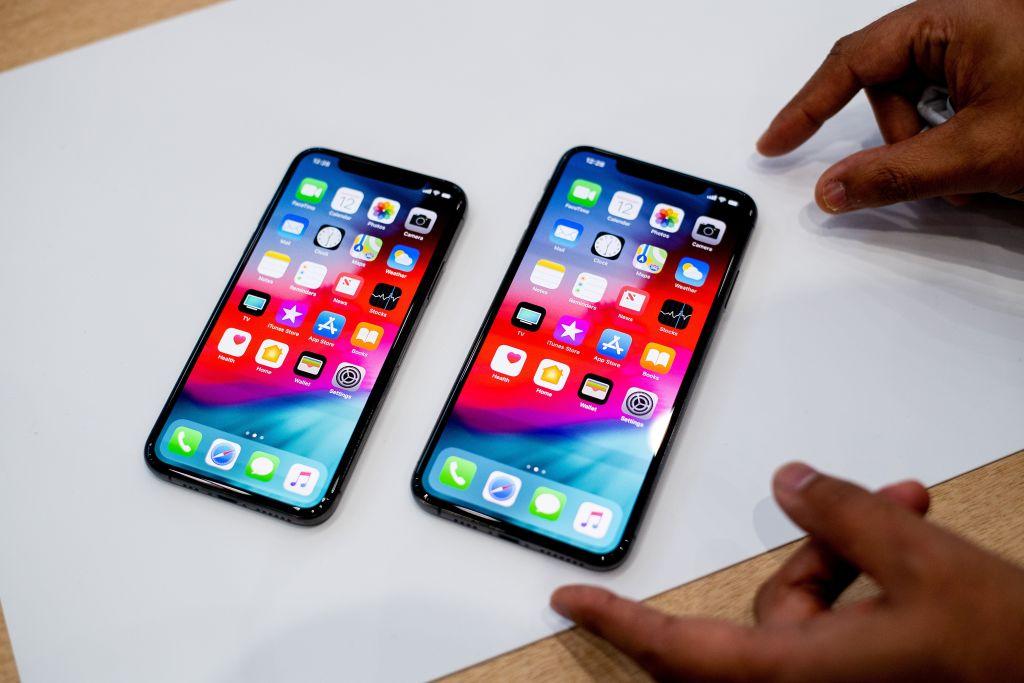Seven Apple suppliers based in Taiwan recently have expressed plans to shift at least some of their production away from China due to the Sino–U.S. trade war.
The companies are Pegatron, Compal Electronics, Wistron, Flexium Interconnect, Unimicron, Merry Electronics, and Catcher Technology, according to a Nov. 11 report by Taiwanese daily newspaper Economic Daily News.
The U.S. administration has now slapped tariffs on a total of $250 billion worth of Chinese goods through two rounds of trade levies. In July, more than 1,000 Chinese items valued at about $50 billion were hit with 25 percent tariffs. Then, in September, roughly 5,745 Chinese items totaling about $200 billion were hit with 10 percent tariffs, a rate that will increase to 25 percent beginning in January.
While Apple products, such as iPhones, Apple Watch, and Airpods, weren’t among the 5,745 items on the September tariff list. the U.S. tech giant had expressed concerns that its products might be included since most are manufactured in China, according to U.S. electronics industry magazine EE Times.
Despite the exemption, many important tech components commonly found in electronic devices—of which Taiwan’s tech sector is known as a major producer—are on the September tariff list, such as motherboards, graphics cards, power supplies, and solid-state hard drives (SSD).
Pegatron and Wistron have long been manufacturers responsible for assembling Apple’s iPhones, including the latest models, XR and XS Max.
Pegatron announced that it planned to set up new factories in Southeast Asia. Wistron aims to boost its production capacity outside of China, including the United States, Mexico, Czech Republic, Malaysia, and India, and plans to reopen a production facility in the Philippines.
Wistron’s production costs in India were recently reduced after the Indian government waived import duties on 35 different capital goods at the end of September in an effort to boost India’s mobile phone manufacturing industry. According to Indian English-language daily newspaper The Economic Times, these capital goods—equipment the firms ship to India to manufacture their electronic goods—were previously subject to a 7.5- to 10-percent tax.
According to Taiwanese media, the construction of Wistron’s second mobile phone-manufacturing factory in India began in August 2018. The company invested a total of about $432 million into the facility. Industrial analysts have speculated that the second site was built for the purpose of meeting future Apple product demand in the Indian market.
A representative of Compal, which has been an assembling site for iPads and Apple Watches, said it’s evaluating plans to expand its production capacity in Taiwan and establish a production site in Vietnam.
Flexium Interconnect and Unimicron, both which supply Apple with flexible printed circuit boards, have announced plans to increase their production capacities in Taiwan.





